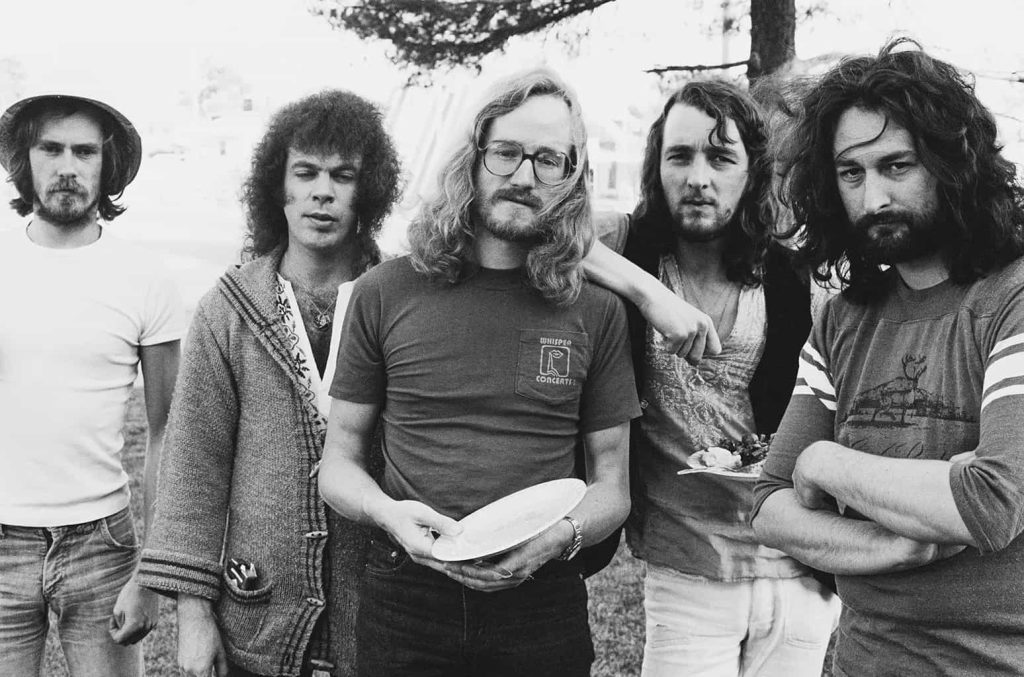
A Cry for Individuality in a World of Conformity: Exploring Supertramp’s “The Logical Song”
Supertramp, the British rock band known for their sophisticated melodies and thought-provoking lyrics, gifted the world with “The Logical Song” in 1979. This iconic track, featured on their groundbreaking album Breakfast in America, became an anthem for those questioning the rigid structures of education and societal norms. It reached number 6 on the Billboard Hot 100 in the US, cementing its place in music history. The album itself was a massive commercial success, topping charts worldwide and selling millions of copies, becoming one of the best-selling albums of 1979 and Supertramp’s most commercially successful album.
The late 70s was a period of transition, marked by a growing disillusionment with established institutions. “The Logical Song” tapped into this sentiment, capturing the frustration of individuals feeling pressured to conform. The song’s lyrics, penned by Roger Hodgson, delve into the artist’s own experiences with the education system, a system that often prioritizes rote memorization over critical thinking and personal development. As Hodgson himself explained, the song was born out of his own questioning of the world around him, the education he received, and the general way society conditions people.
The song opens with a gentle piano melody, creating a sense of introspection. The lyrics then unfold, painting a picture of a childhood filled with wonder and curiosity, gradually replaced by the constraints of formal education. The lyrics vividly illustrate the stages of learning, from the innocent inquiries of childhood, “When I was young, it seemed that life was so wonderful, a miracle, oh it was beautiful, magical,” to the systematic indoctrination of school: “They sent me away to find a cure, and when I was well, I found that I no longer knew the way.” The song’s poignant lines resonate with anyone who has felt stifled by rigid systems.
The memorable saxophone solo, played by John Helliwell, adds a layer of emotional depth to the song. Its soaring notes convey a sense of yearning, a desire to break free from the constraints of conformity. This instrumental break serves as a powerful emotional release, mirroring the internal struggle described in the lyrics. The use of a Hohner Clavinet also contributed to the song’s distinctive sound.
“The Logical Song” is more than just a catchy tune; it’s a reflection on the human condition. It explores the tension between individual expression and societal expectations, a theme that remains relevant even today. It reminds us of the importance of questioning the status quo and pursuing our own unique paths. The song’s enduring appeal lies in its universal message: the search for meaning and authenticity in a world that often tries to mold us into something we’re not. It reminds us of the simple joys of childhood and the complexities of growing up, a journey we all share. It’s a song that speaks to the heart of anyone who has ever felt like an outsider, a song that continues to inspire listeners to embrace their individuality. For those of us who remember the era, hearing “The Logical Song” again is like revisiting an old friend, a familiar voice that understands the struggles and triumphs of navigating a complex world. It is a testament to Supertramp’s musical genius and their ability to capture the spirit of a generation.
The song’s impact was undeniable. It not only topped music charts but also sparked conversations about education, conformity, and the importance of individuality. It’s a song that continues to resonate with listeners of all ages, reminding us to stay true to ourselves in a world that often tries to change us.